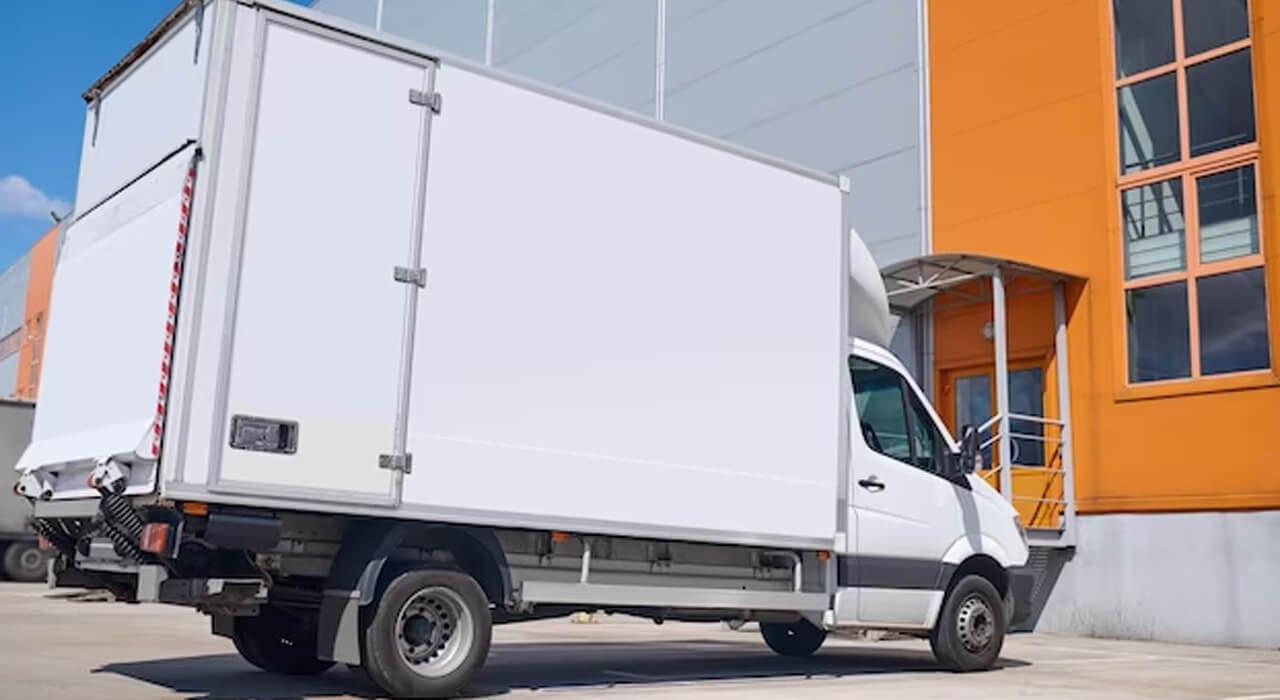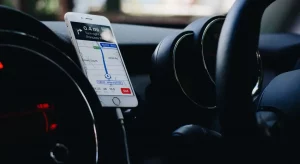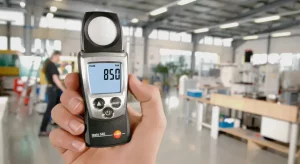When researching what van to buy for your business or job, it can be overwhelming when faced with the amount of choices you have. To make things easier, there are several factors that you should consider before purchasing:
How are you going to use the vehicle?
In order to choose the right van to effectively run your business, you will need to consider how exactly you are going to use it.
Jobs
If the daily tasks that you do are often varied, you may want to go for a general, all-purpose type of van. However, if you will be using the van for something more specific, you may want to see if there are specialised vehicles available to help with this.
Distance
If you only use a van occasionally, it may be more cost effective to hire a vehicle whenever you need it or buy a secondhand van. However, if you regularly drive a van as part of your job or would use the vehicle to cover long distances, it will likely be much better to purchase a new van that can handle this much usage and has the necessary amenities to make longer journeys comfortable.
Drivers & Passengers
If you are working alone, the size of the cab area and the number of seats within the van are unlikely to matter much. In contrast, if you work as part of a team you may need to look at crew vans or double cab vans to accommodate more people if you will all be traveling in the same vehicle at once. Similarly, some vans may have smaller cab areas, so even if you are driving solo it may be uncomfortable for taller drivers.
Suggestion: Top Car Brands That Start With F – Cars That Start With F In 2024
Specialist Requirements & Customisations
If you will require specialist features such as refrigeration, this may limit the type of vehicle you can choose from, if you are unable to make modifications to a standard van. You may also need to evaluate costs if you intend on adding a lot of customisations to a van.
What are you transporting?
This is an important factor when deciding on a van, as too large and you will be paying to transport air around, whereas if it is too small you may have increased costs from having to make multiple trips.
Size & Shape
- Length and width – you will need to ensure that all of your goods, tools or equipment can fit inside of your van. You may have to consider if you need a box van if wheel arches will pose a problem when putting things into the van.
- Volume – load volume provides an indication of how much can be stored in the van if it was at full capacity. If you will not be filling your van regularly, it may be worth considering a smaller model instead.
- Payload – this is the legal maximum weight that the van can carry in addition to the weight of the vehicle if it was empty. Passengers, fuel and any cargo or tools will all contribute towards this.
Loading and unloading
When researching vans, you’ll find that there are many different features that they have to aid with loading or unloading. Some vehicles may have side loading doors, which will be more convenient and much safer if you often park the van at the side of the road. Alternatively, if you use the van for carrying building or gardening materials, a drop side or tipper can make unloading these much easier. If you transport heavier goods, a box van that has a tail lift will be the best option to make removal of cargo more convenient.
Security
If you leave any tools, equipment or goods in your vehicle overnight or whilst working, a van with an enclosed load space will provide much better security for this.
Also Check: 9 Best 3 Cylinder Cars In The USA That You Can Buy In 2024
How efficient is the vehicle?
Depending on the efficiency of your vehicle, you may make savings or face losses.
Fuel type
Diesel vans are the most common option for lighter, commercial vans, with petrol often only used for car derived or small vans. Electric vans are gaining popularity, but they are only a good choice and cheaper to run if you are operating in an area where there are charging points available, or if you only make short journeys.
Clean Air/Low Emissions Zones
If you operate in and around cities, you should check if there are any clean air policies that your van will need to comply with in order to avoid the large costs for highly polluting vehicles. Currently, the minimum emission standard that you will likely need to avoid charges is Euro 6 for diesel vehicles. This is especially important if you are driving in London within the ULEZ zone, as any vehicles that are not compliant can be charged £12.50 a day, on top of other congestion charges.
What will be the running costs of your van?
Even after you have purchased your van, you will still be paying for it, with any small savings or cut corners potentially resulting in large expenses in the future.
Maintenance
You should have a rough estimate of how much money you will be able to put aside to maintain your van. Older vehicles may be cheaper to buy, but they will likely need more regular maintenance. Any vehicle that is over three years old will need a MOT every year, which could lead to expensive replacements or repairs.
Also Check: 11 Best SUVs With Captain Seats – Luxurious 3-Row SUVs In 2024
Depreciation
You should consider if a brand new van is absolutely essential, as the value will begin to fall as soon as you leave the dealership with it. It is estimated to decrease by around twenty percent a year, meaning that you may not be able to recoup costs if you sell the van later down the line.
Disposal
Even though it may not be for a few years, you should consider what you will do when it is time to upgrade your vehicle or get rid of it completely. Selling and disposing of a van will each have its costs, so it may be worth researching the popularity and possible resale value of your vehicle.
How will you acquire the vehicle?
Buying a van outright is not the only way that you can obtain a vehicle, as other ways may help you to save money or mean you can afford a newer model.
Leasing
There are three ways in which you may be able to lease a van:
- Personal Contract Hire – this is similar to renting a car, but for a more extended period.
- Business Contract Hire – this is the same as personal contract hire, but you will receive tax relief benefits.
- Personal Contract Purchase – this is identical to business contract hire, but the supplier will expect you to sell the vehicle when your contract ends.






